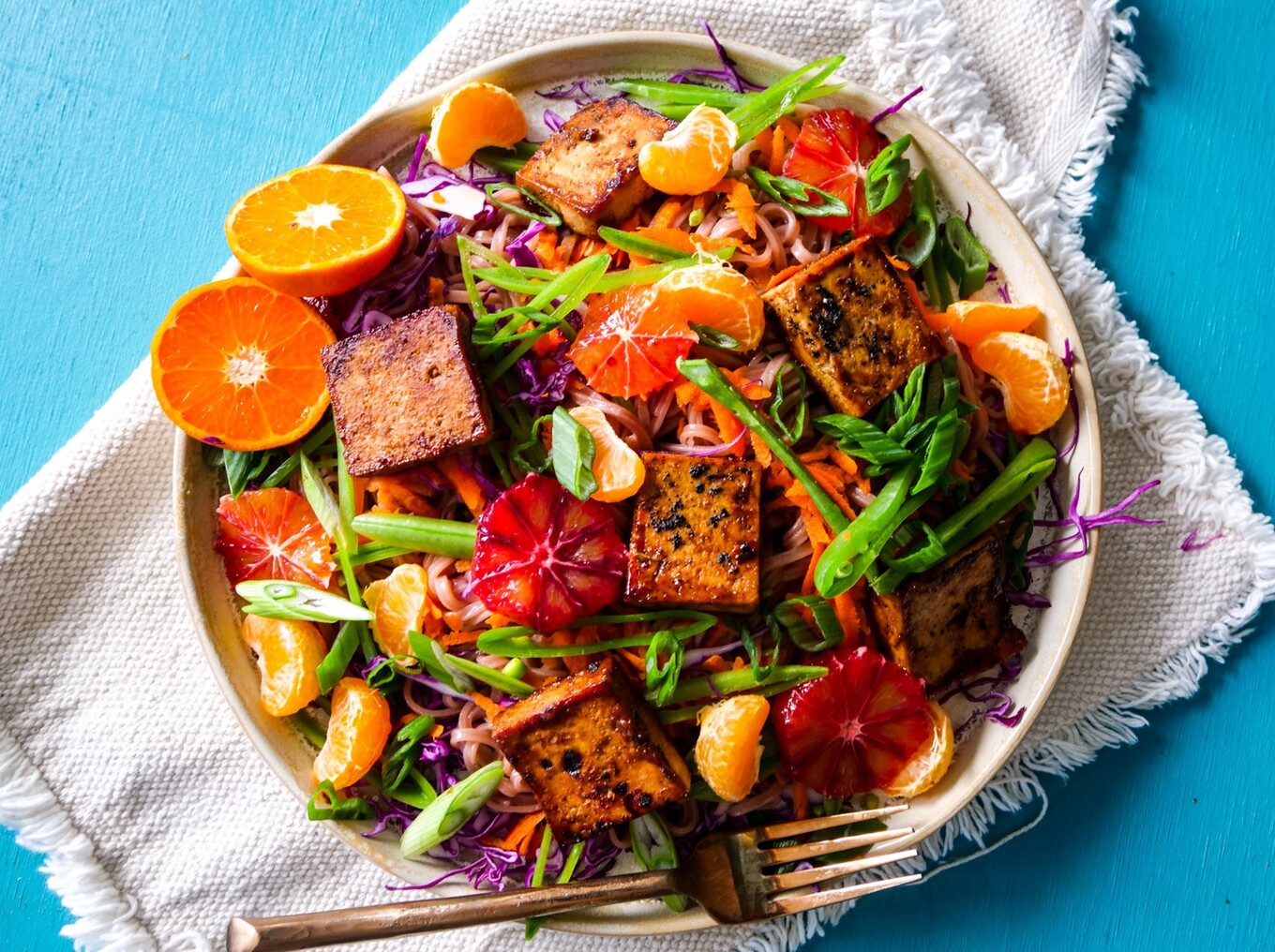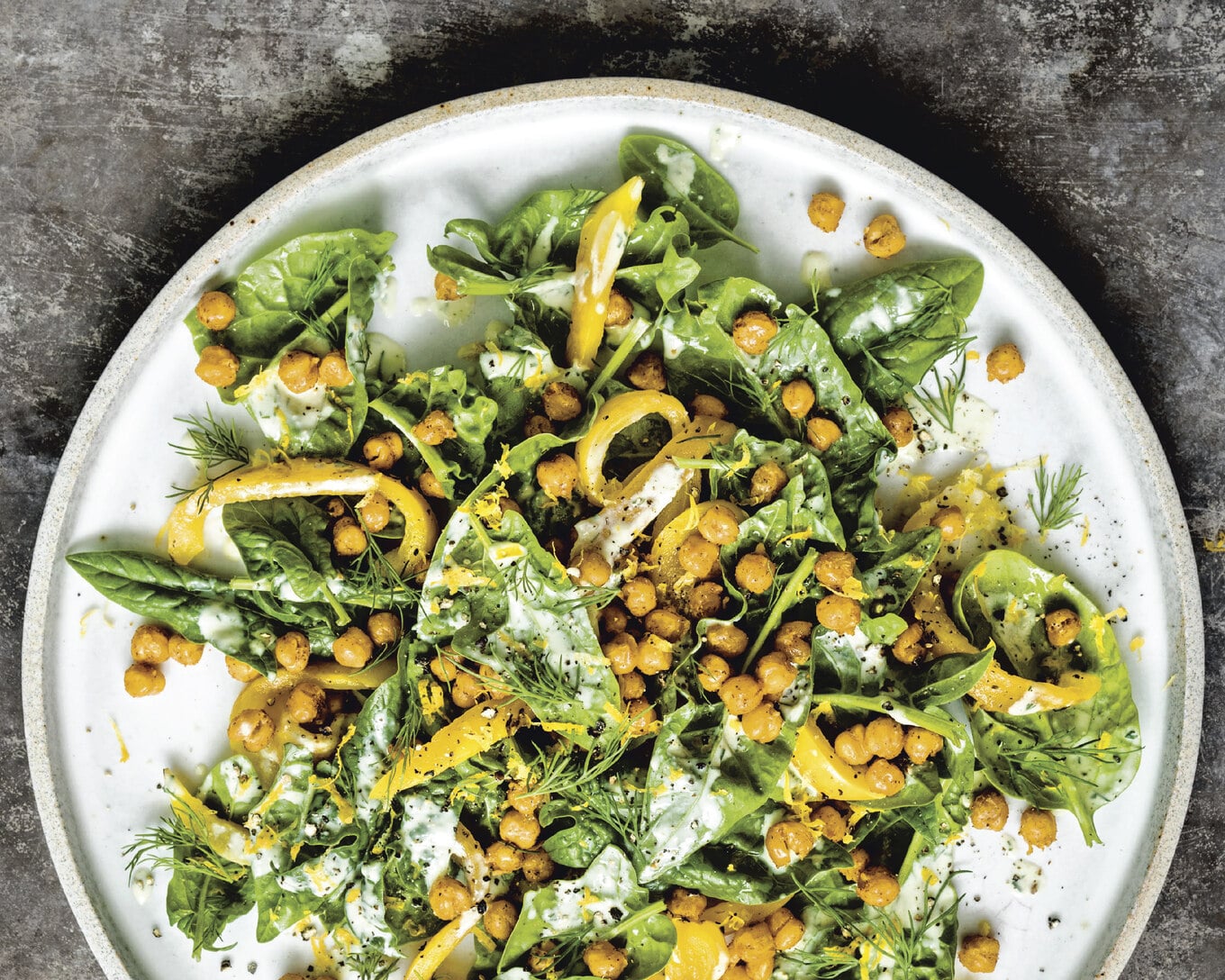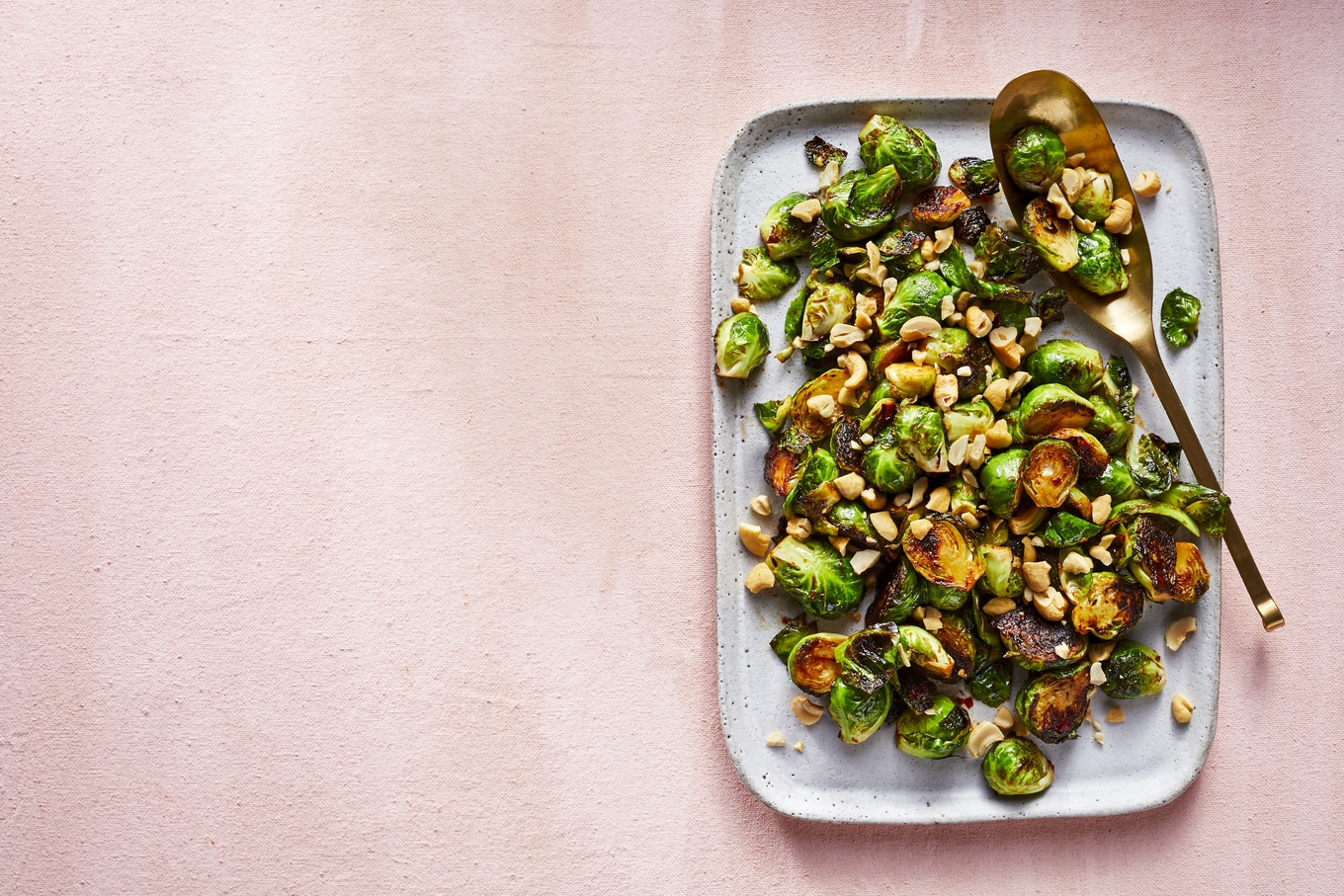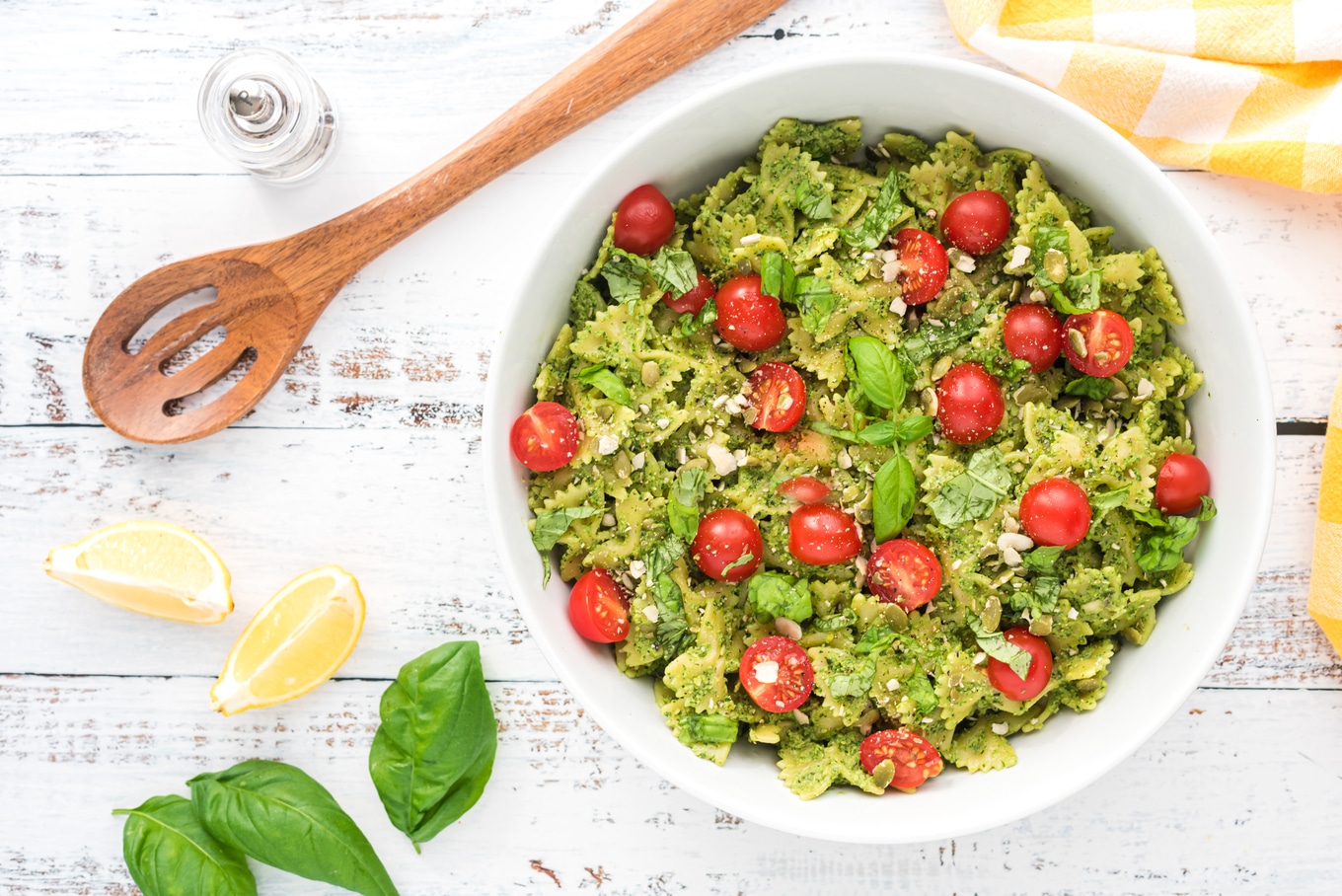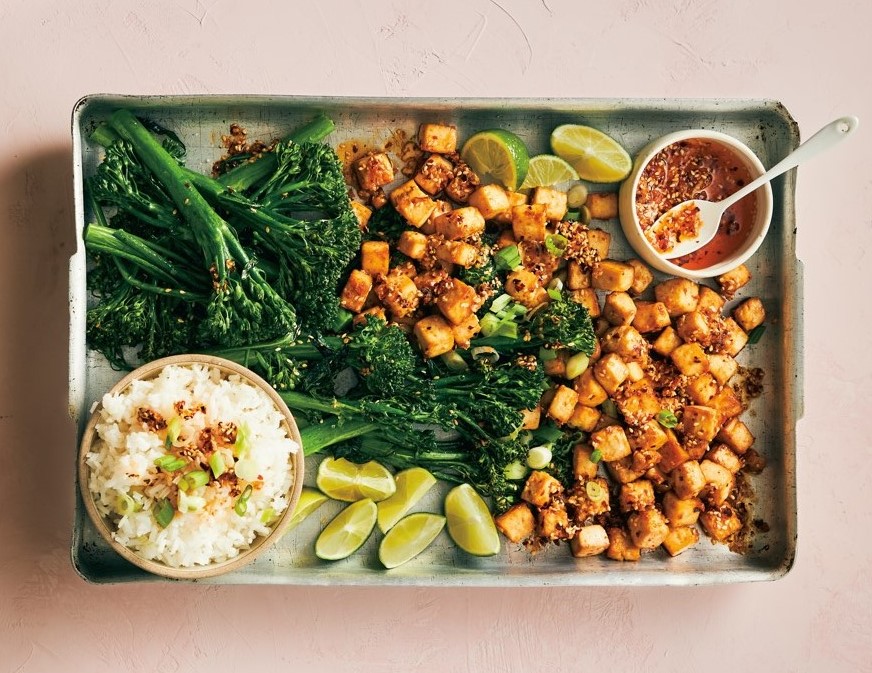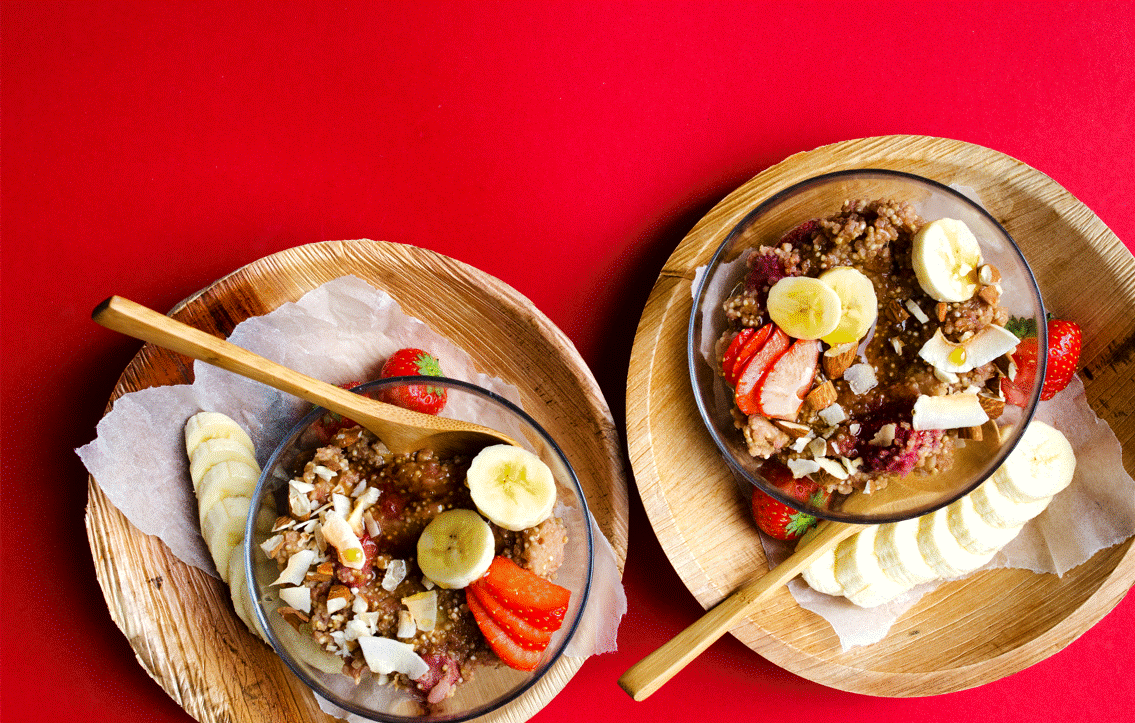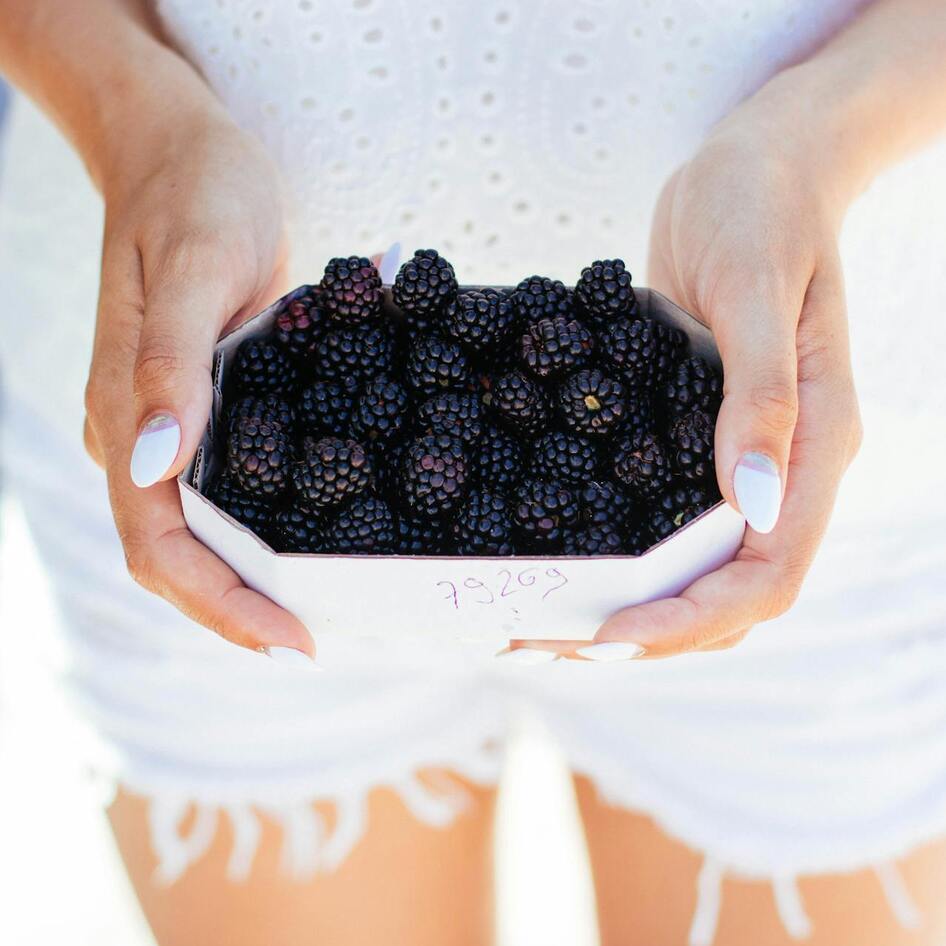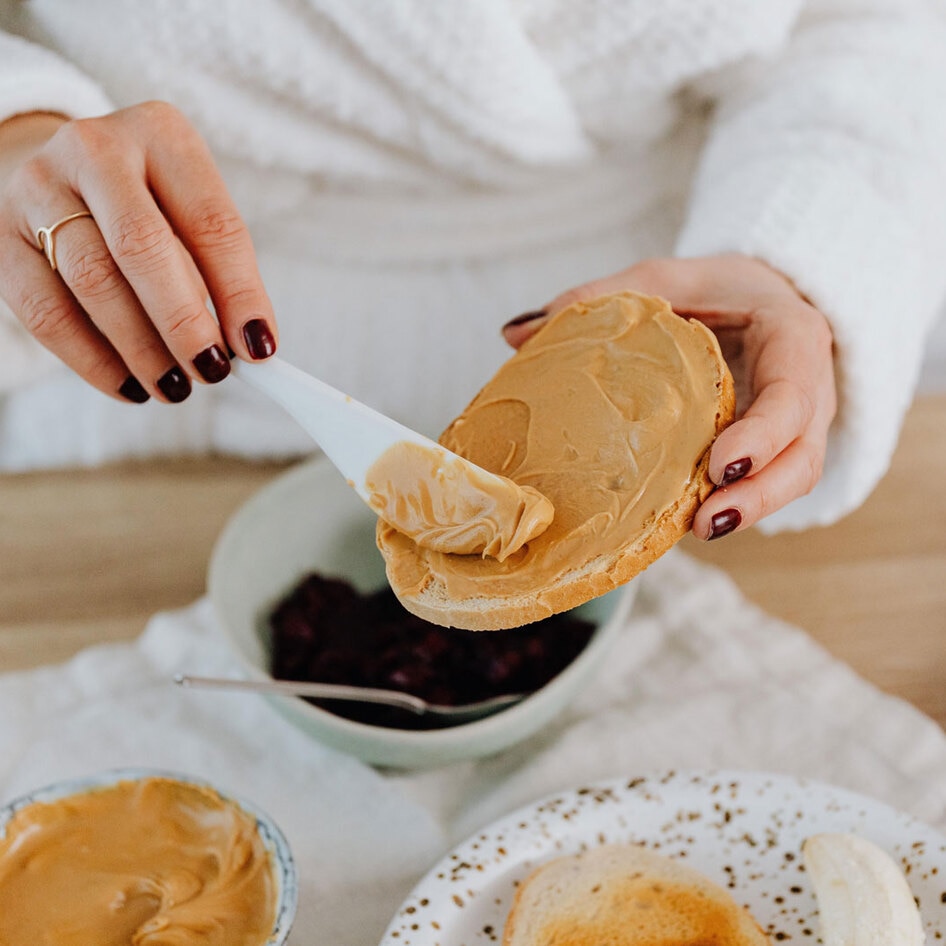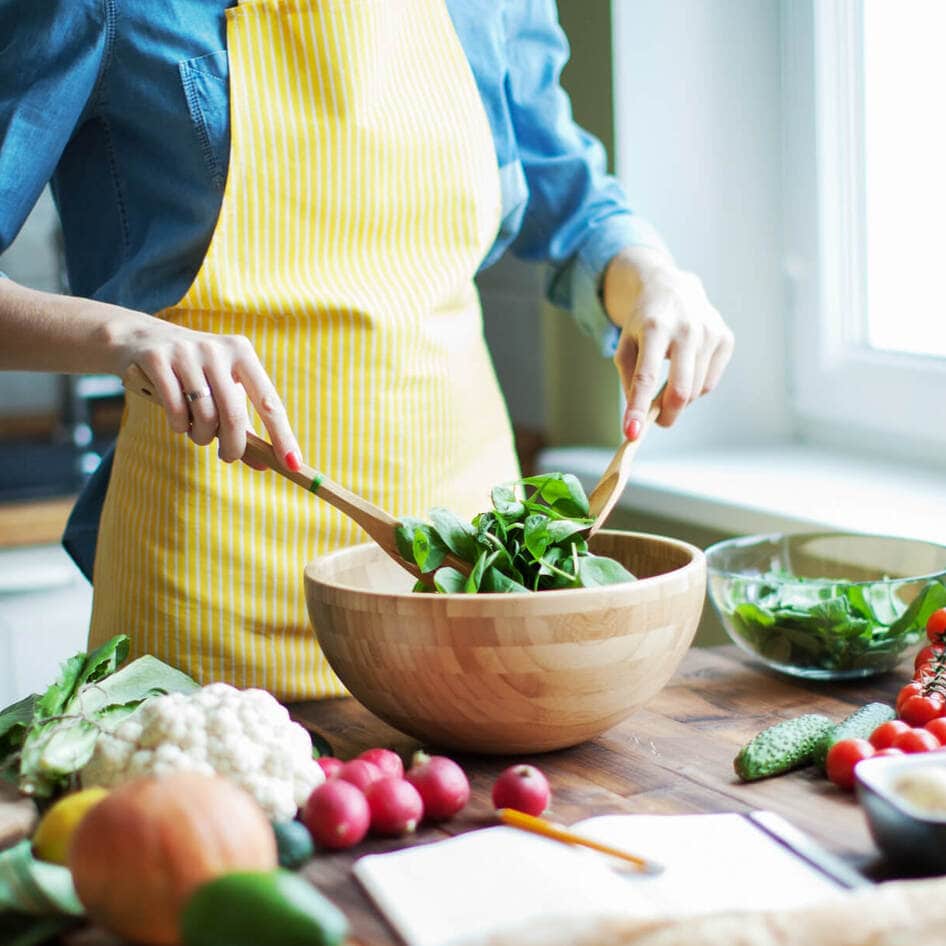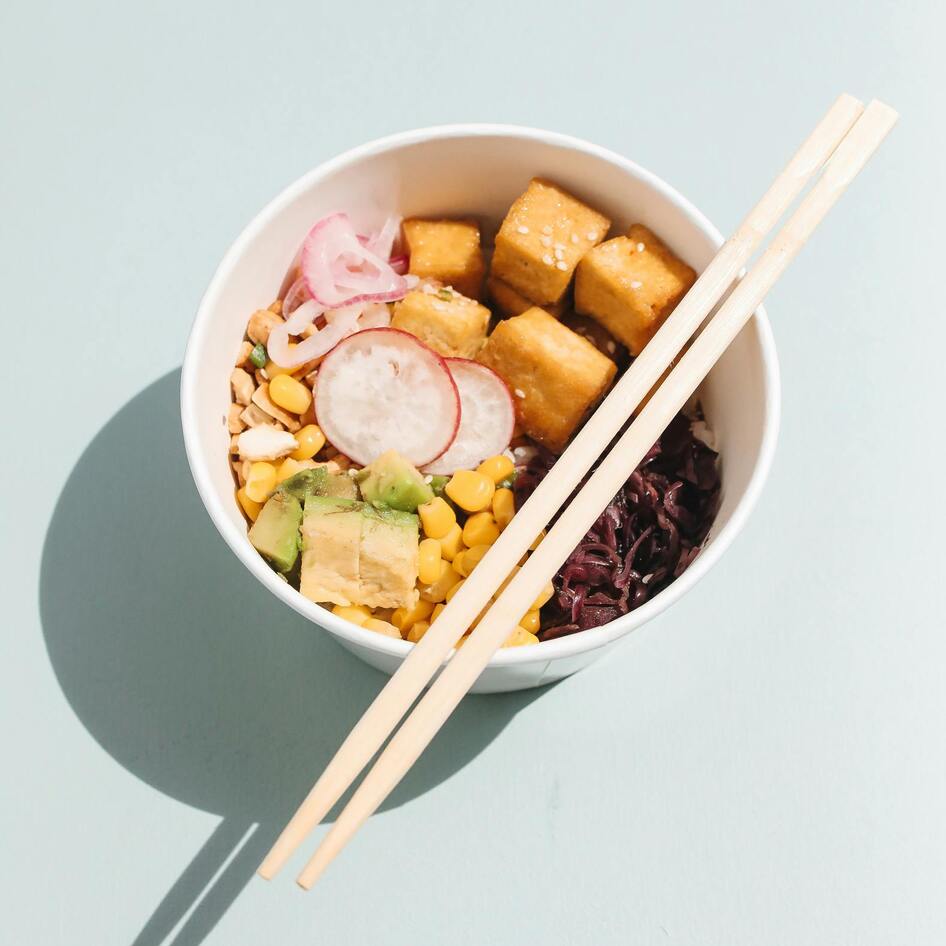While the colder months have many positives (hot soup, movie nights, blankets, snuggly knitwear, and more), without a doubt, they come with one big negative: cold and flu viruses are more common. Research suggests that, over the course of one year, Americans suffer through approximately 1 billion colds. And between 2010 and 2020, there were up to 41 million incidences of flu in the US, notes the Centers for Disease Control and Prevention.
Getting sick from a cold or the flu can happen anytime, but it’s more likely to happen in the winter. Research suggests this may be because the colder air actually damages the immune response in our noses. But it could also be because people spend more time together indoors in closer proximity, which allows viruses to pass more easily.
There is no way to guarantee you won’t end up with a sniffly nose, a sore throat, or worse this winter, but there are ways to help reduce the risk. Eating nutrient-dense foods is vital for giving our immune system the best chance of fighting off any nasty viruses, says Ana Reisdorf, MS, RD for The Food Trends.
Can food protect us from colds and flu?
Eating a healthy, balanced diet, filled with plenty of nutrient-dense plant-based whole foods, is always important—but there are few vitamins, in particular, you should give extra special attention to during the colder months, says Reisdorf.

“Vitamin C is essential for immune defense and antioxidant protection,” she notes. “Vitamin D regulates immunity and lowers inflammation, while zinc is crucial for normal development and function of immune cells. Selenium helps reduce oxidative stress and supports immunity, iron is vital to help the body to make immune cells, and protein is necessary for the repair and building of immune cells.”
She also recommends staying hydrated (“it’s essential for maintaining fluid balance and supporting overall health”) by sipping water, green juice, herbal tea, and fruit juice (just make sure not to overdo it on the sugar). Supplements may also be helpful reduce the risk of viruses, especially if you’re struggling to get enough vitamin D (this can happen in regions with less sunlight) or zinc (a multivitamin should be sufficient for this particular nutrient, says Reisdorf). And taking regular exercise, maintaining good sleep habits, and managing stress can also be beneficial, too.
7 nutritious plant-based foods to eat this cold and flu season
So, now you know which nutrients may be particularly beneficial this cold and flu season, but how do you actually get them? Below, we’ve compiled some of the best sources for each, and we’ve included delicious vegan recipe inspiration, too, because eating nutrient-dense foods should never be boring.
BECOME A VEGNEWS VIP: Get exclusive product deals, freebies, and perks galore!
1 Citrus fruits
Citrus fruits are a great source of vitamin C. One lemon, for example, contains around 45 milligrams of the nutrient, which is about 50 percent of the recommended daily value. Oranges are even better, as they provide around 83 milligrams of vitamin C, which is about 92 percent of the recommended daily value. Other great foods for increasing your vitamin C intake include strawberries, broccoli, and bell peppers, notes Reisdorf.
Try them in a recipe: Vegan Rainbow Mandarin Warm Noodle Salad
2 Spinach
In the past, spinach has been dubbed a “superfood” for its nutrient-dense profile. It’s a source of vitamin C, as well as vitamin B6, calcium, and magnesium, and it’s also a great source of iron, too. In fact, 100 grams of spinach provides you with around 2.7 milligrams of iron (about 15 percent of the recommended daily value). Lentils, tofu, and quinoa are also good sources of iron, says Reisdorf.
Try it in a recipe: Zesty Vegan Spinach Salad With Blackened Chickpeas
3 Legumes
Legumes, like lentils, peas, and beans, are a good source of zinc, according to Residorf. One serving of chickpeas contains around 1.5 milligrams, for example, while one cup of lentils offers more than 2.5 milligrams. Legumes also contain fiber, protein, B vitamins, and plenty of minerals.
Try them in a recipe: Meaty Vegan Lentil Chili Con Chili
4 Nuts
Nuts are rich in many immune-boosting nutrients, including protein and zinc. There are three milligrams of zinc in 50 grams of cashews, for example, while one 100-gram helping of Brazil nuts packs in around 14 grams of protein. Brazil nuts are also a great source of selenium, notes Reisdorf (other sources of this helpful mineral include brown rice and sunflower seeds).
Try them in a recipe: Crispy Brussels Sprouts With Tamarind and Cashews
5 Seeds
Seeds are another beneficial source of protein. One 100-gram serving of chia seeds, for example, offers around 17 grams of protein. But they’re also rich in vitamins and minerals, including zinc. One ounce of pumpkin seeds, for example, will provide you with 2.21 milligrams of zinc, which is 20 percent of the recommended daily value.
Try them in a recipe: Lemony Pumpkin Seed Pesto Pasta
6 Tofu
Tofu is an excellent source of plant-based protein. In fact, half a cup offers around 10 grams of the nutrient. This versatile soy-based food is also rich in iron—one 100-gram serving offers around 5.4 milligrams. Tofu is also a good source of calcium, vitamin A, and manganese, too.
Try it in a recipe: Vegan Firecracker Tofu With Broccolini and Chili Garlic Oil
7 Quinoa
Quinoa, a type of whole grain, is packed with nutrients, including fiber, folate, and magnesium. But it’s a particularly good source of protein and iron, notes Residorf. One cup of quinoa provides around eight grams of protein, and the same amount offers around 2.8 milligrams of iron (that’s about 16 percent of the recommended daily value!).
Try it in a recipe: Vegan Strawberries and Cream Quinoa Breakfast Porridge
For more on health and wellness, read:
JUMP TO ... Latest News | Recipes | Guides | Health | Subscribe


